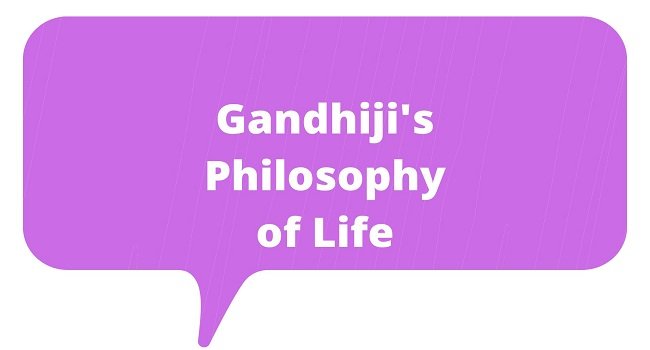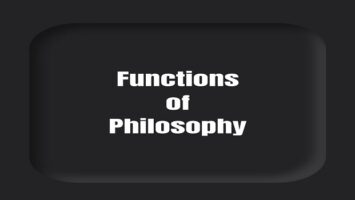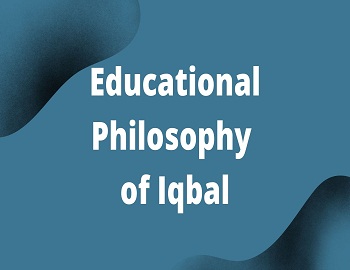Gandhiji’s Philosophy of Life:
Gandhiji was a great leader, a practical philosopher, a seeker after truth, and a socio-political reformer of modern India. The Father of Nation, as he is called, was the apostle of peace and non-violence. He was the champion of the freedom movement in India. He believed in the absolute oneness of God and therefore of humanity. God is the ultimate reality, the ‘living law’ in obedience to which the whole universe moves.
Gandhiji had firm faith in God. He held the opinion that God pervades everything. He is supreme. God is truth because truth cannot be destroyed. The ultimate aim of one’s life, therefore, should be the realization of Truth or God, and all that man does should be guided by this truth. Truth can be realized by living the life of Ahimsa. Truth and Ahimsa are so intertwined that it is practically impossible to disentangle and separate them. They are like the two dies of the same coin……….Nevertheless, Ahimsa is the means; Truth is the end. Ahimsa means “Love” or “Non-Violence”. It needs purity of heart. It connotes freedom from fear and vanity-fear of disease, injury, death, or dispossession. Some people think that Ahimsa is a negative attitude. Actually, it is a positive and dynamic virtue. It means resistance to evil through love.
Gandhiji searched for truth but not as an egoist or for himself alone. He wanted others to participate in this search and thus establish a universal community of free persons without the distinction of caste, color, creed, wealth, and power. Society will move toward human brotherhood and then to the realization of the Absolute. In such a society, there will be no conflict between individuals or between the individuals on the one side and the society on the other. Service unto man is service unto God and hence, a means of realizing Truth or God.
Gandhiji believed that a certain amount of material goods is necessary for living a refined, civilized, and moral life. He believed that there was an intimate connection between matter and spirit. But he advised that material possessions should be regarded only as a means, never an end in themselves. They are necessary for the advancement of the individual up to a certain point. To hanker after them would hinder rather than help growth.
It is this philosophy of life that Gandhiji propounded and practiced. He believed that the mind of the modern man who has inherited a vast accumulation of cultural and cognate achievements would be far superior to the mind of one who lived in prehistoric times. Therefore, progress is the result of education, rather than of heredity. He had an ardent desire that India should establish a socialist society, where the peasant and the worker will be provided with the means for full development and freedom of expression. He introduced religious principles into politics and set about the task of spiritualizing politics with some success.
The service of humanity is the core of his philosophy. Gandhiji was a deeply religious man. But his religion was not based on dogmas and rituals. He emphasized the moral basis of religion. He wanted people to have an attitude of respect and reverence toward all religions. He was a practical, socially determined idealist and his greatest ideal was Truth, which is God, has to be sought, and has to be worked for in our daily life within a certain social order. It was these beliefs which inspired his philosophy of education in the shape of the basic scheme of education.









Comments (No)